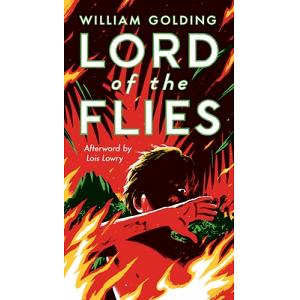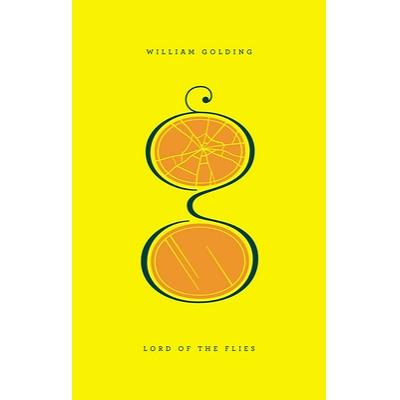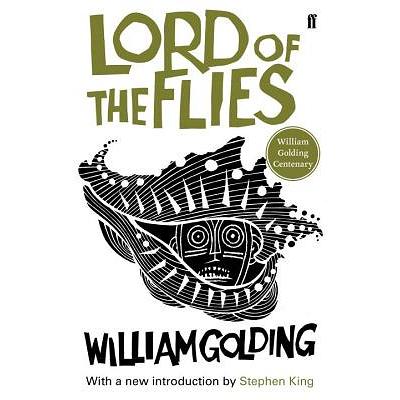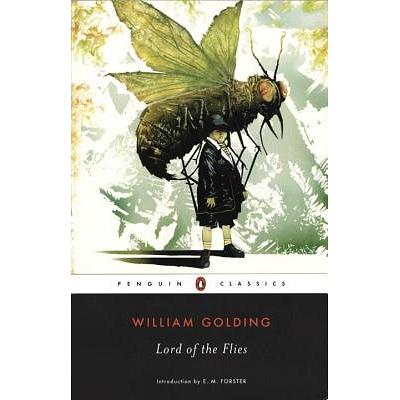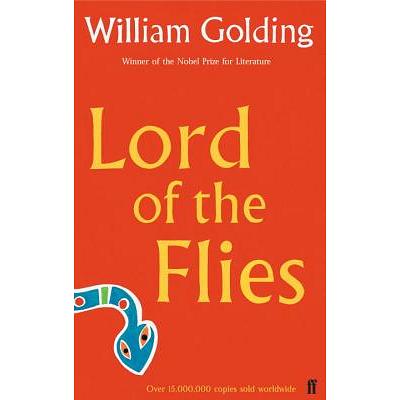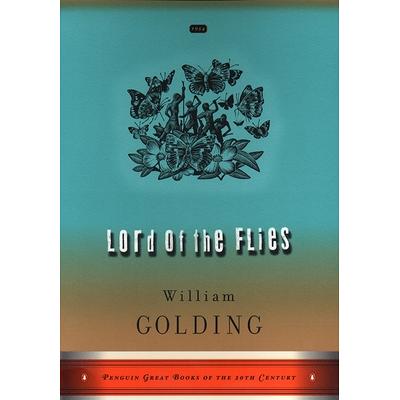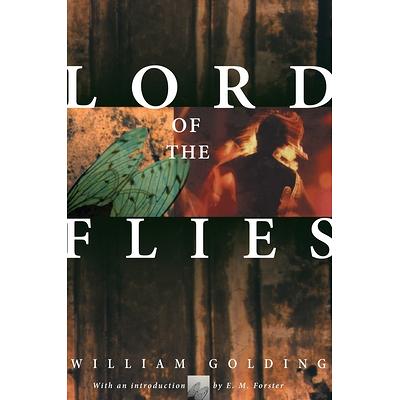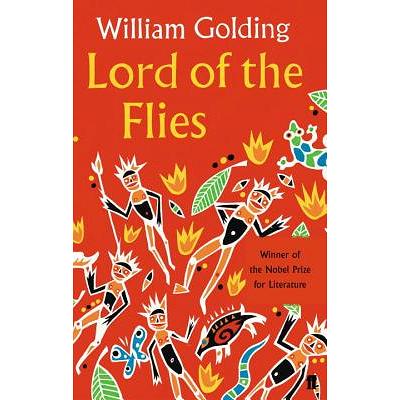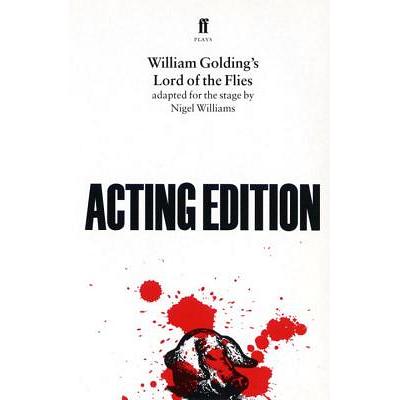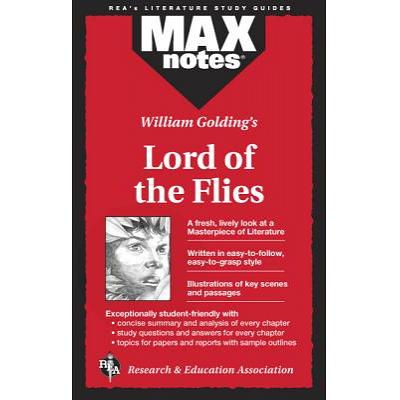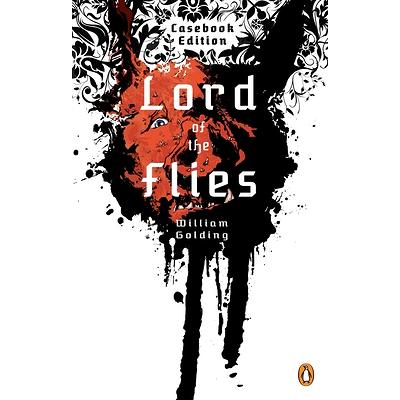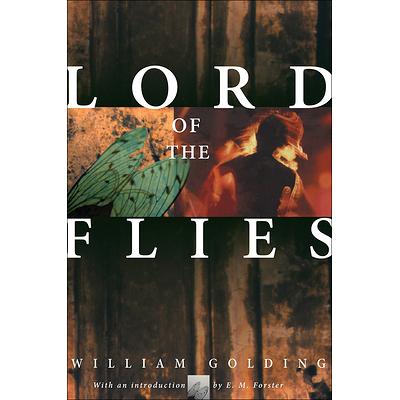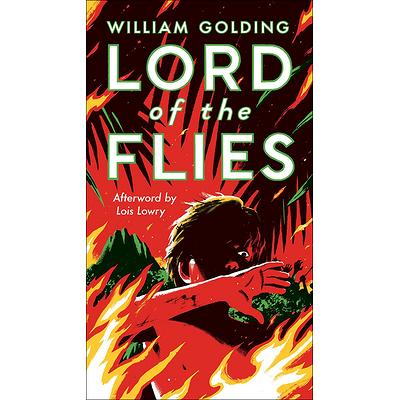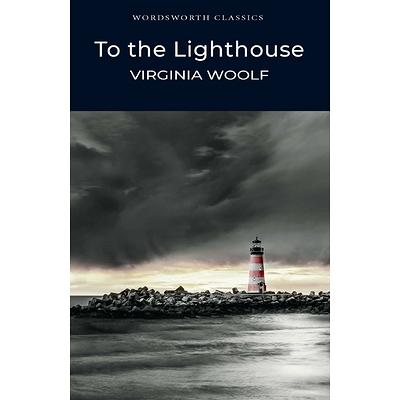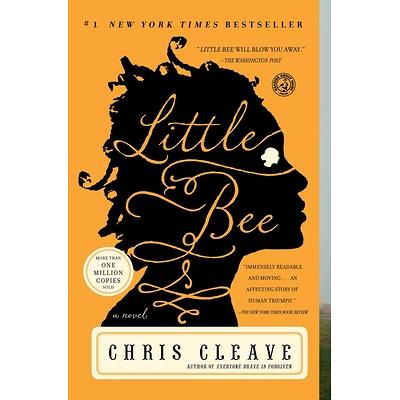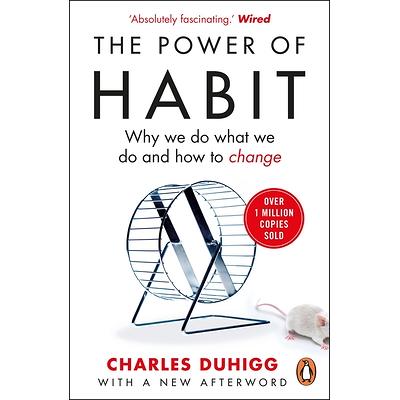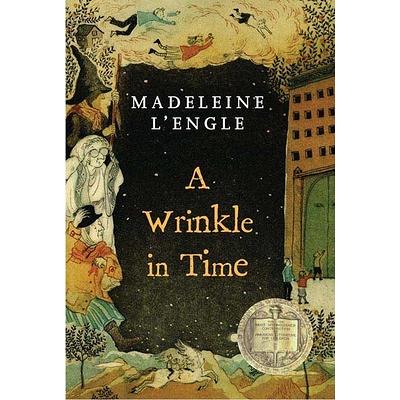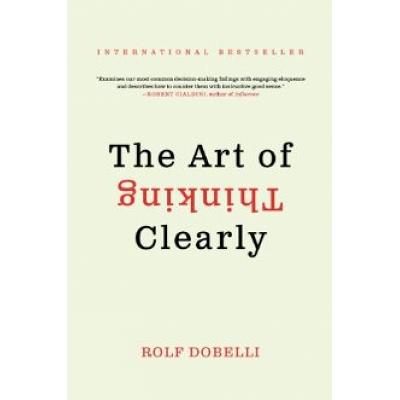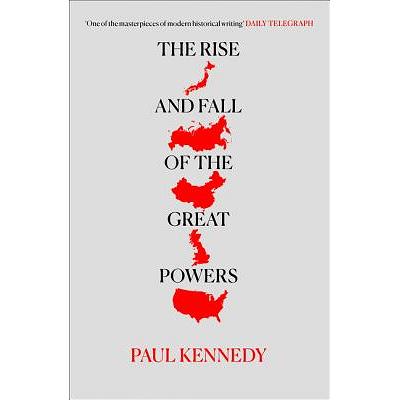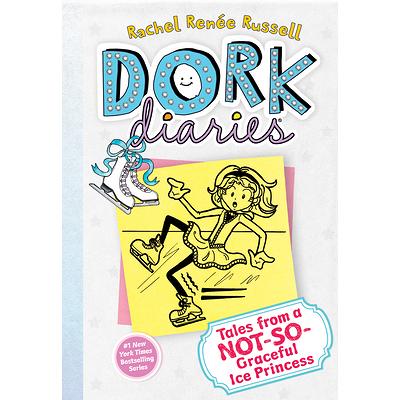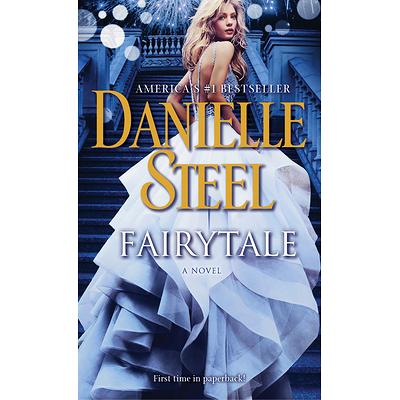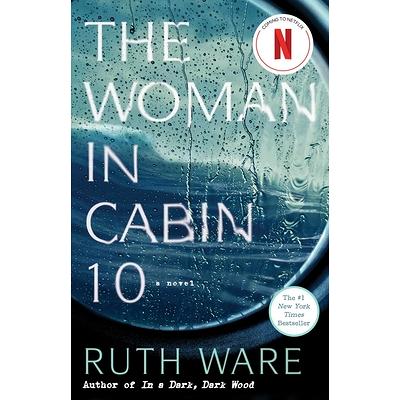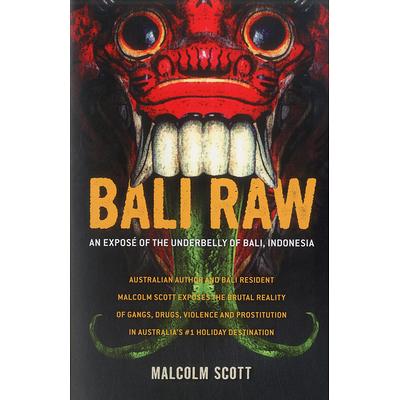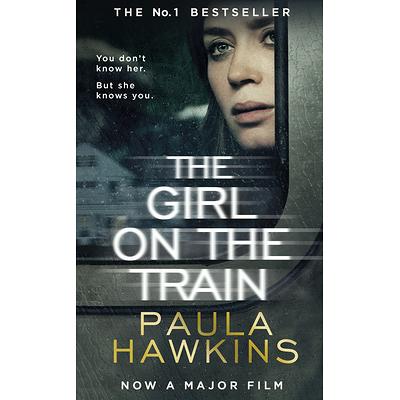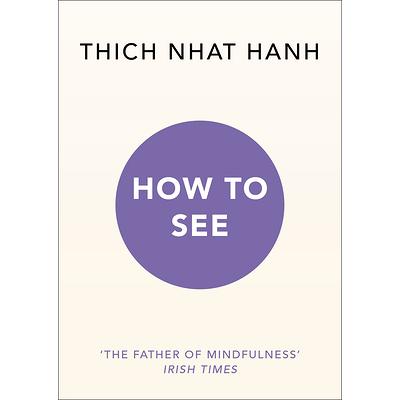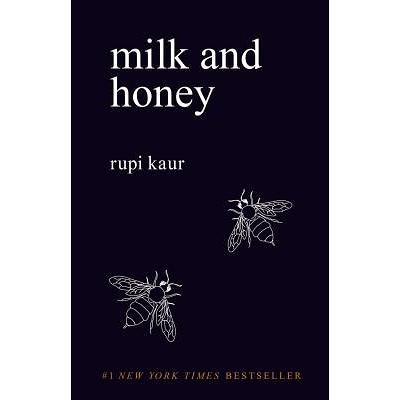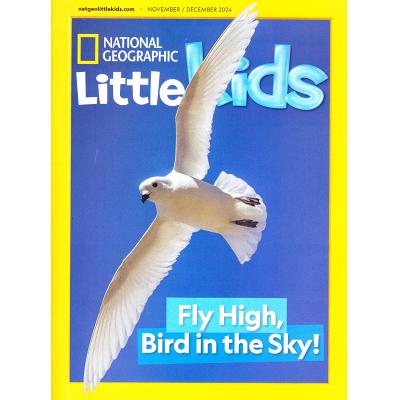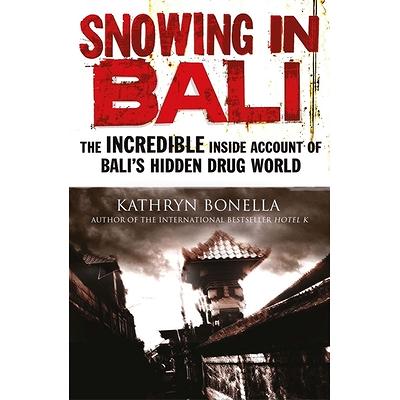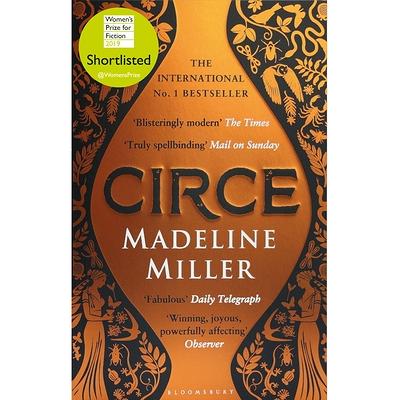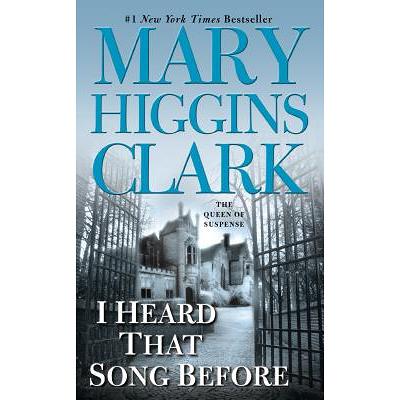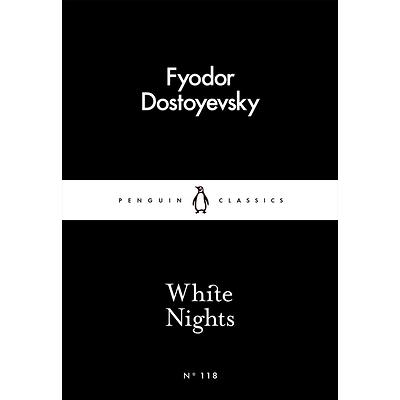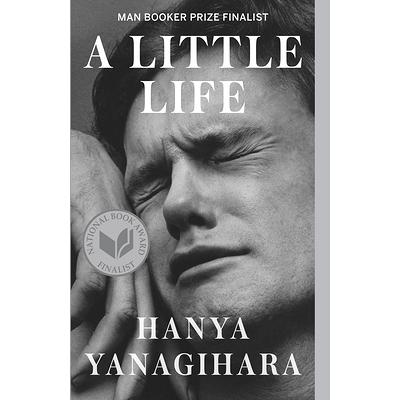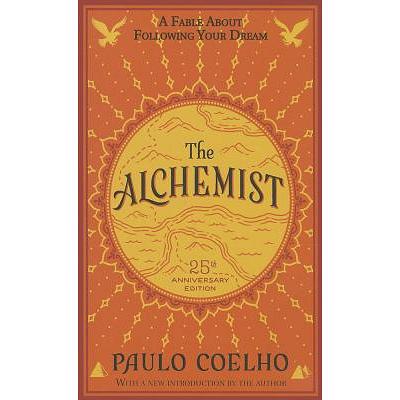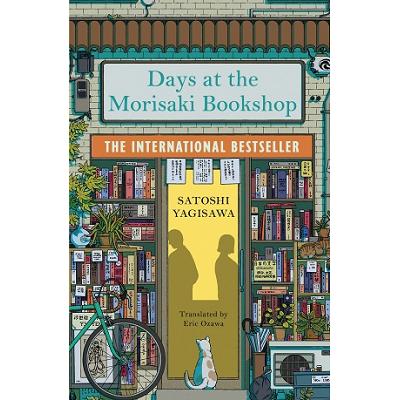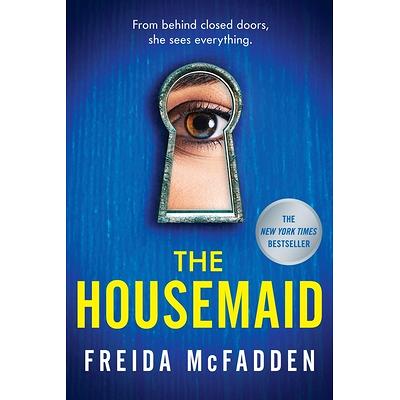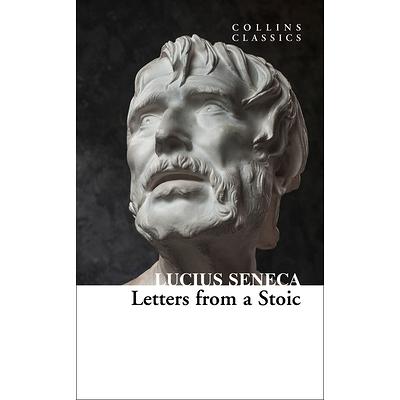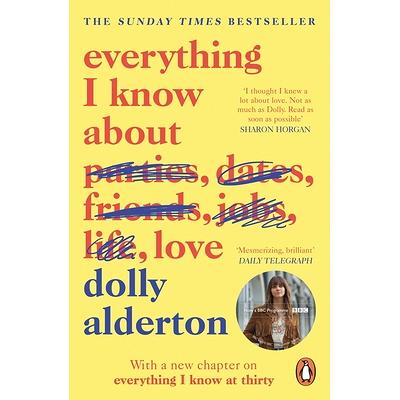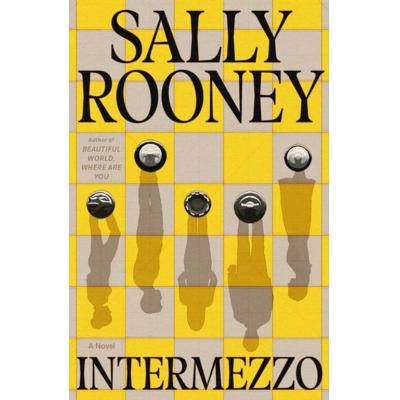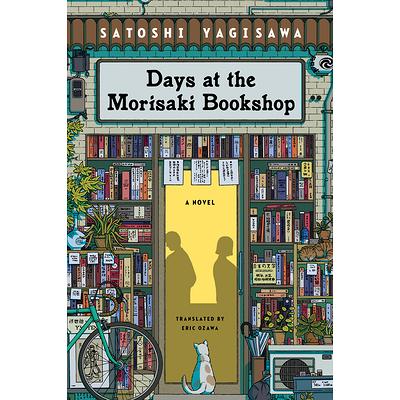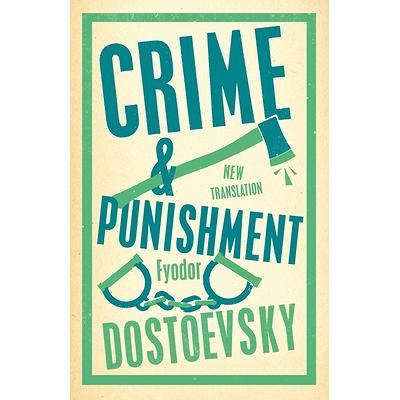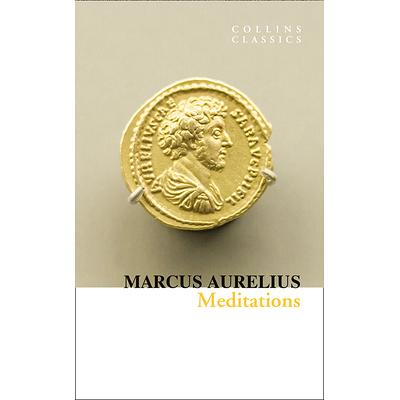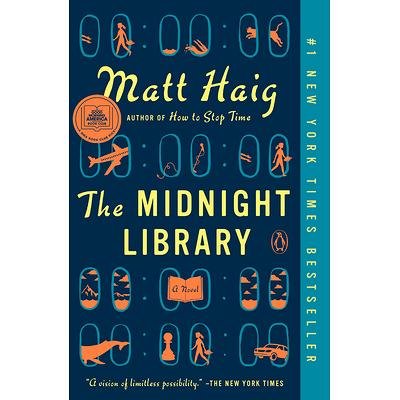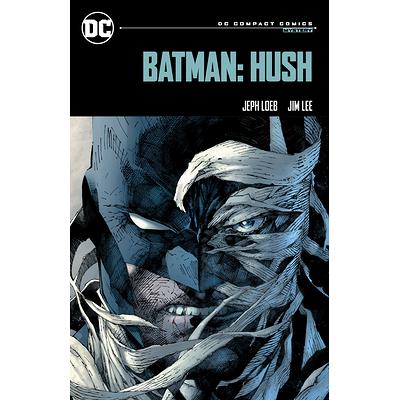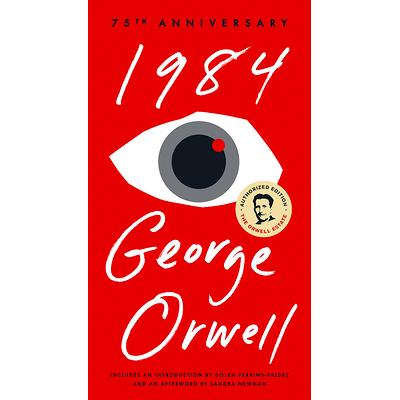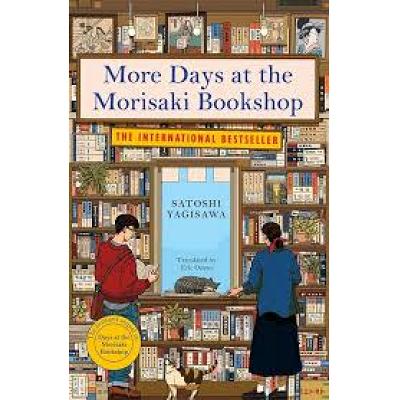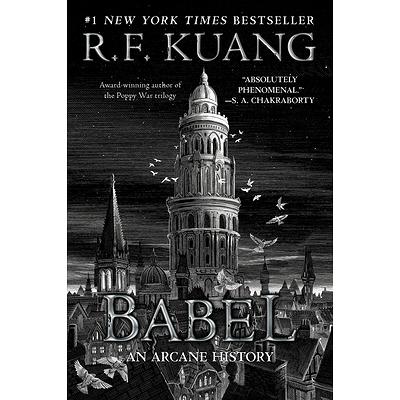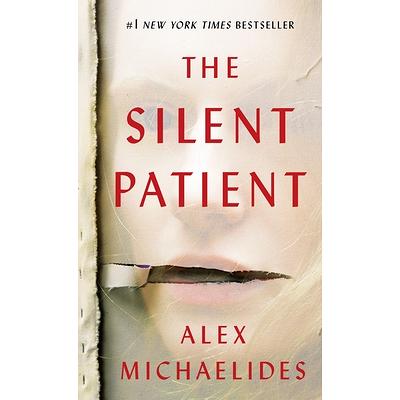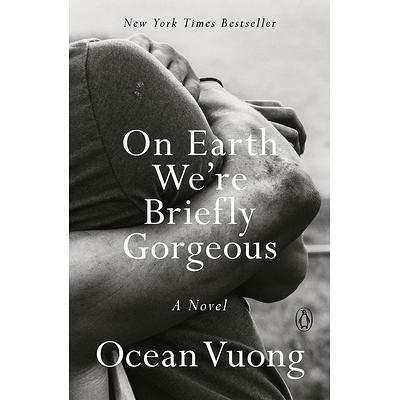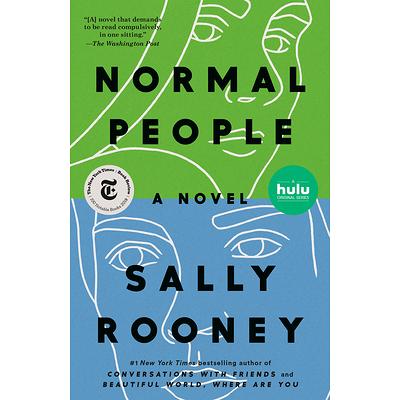 Between 3−4 stars rating, 12 February 2018
Between 3−4 stars rating, 12 February 2018 Bought this "on the fly" (pardon the pun)
By: Antonius B.
The beauty of the novel (the reading of the writing, that is, rather than the watching of movies) lies in the poetic descriptions that we are offered. Some reviewers talk about the "realistic" flavor that Golding brings to the story. Far from being "realistic" I see these scenes as having a dream-like and timelessness about them.
When Simon lies in a trance in his hiding place near the clearing, watching the butterflies above the tall grass, there is a sense that time has stopped. Human time has little significance on the island. Watching butterflies may be "realistic"; but the full value of the scene comes through the words which form the... See More
less-real images in our reading minds.
They are vivid, but being "realistic" is hardly the point of the scenes. Experience is. A very new, strange, unusual feel to our lives. Isn't this the value of writing literately? Not to offer realistic images of "real" life but to offer unspoken, often unthought but very much felt experience and sensation. Anyway, the butterfly scene connects to another one, where some of the littl'uns are playing at the edge of the beach. The narrator offers up images of distant shores and time and the movement of rock and sediment.
The sheer scale of cosmic time compared to the puny activities of the children (pooping, hunting, fighting, squabbling) is breathtaking. The narrator treats us to poetic visions--what some reviewers lumpishly call "all that long-winded description." To cut scenes like this out would be like reducing a poem to some prosaic "message" and claiming that it all "boils down to the same thing". Such nonsense.

